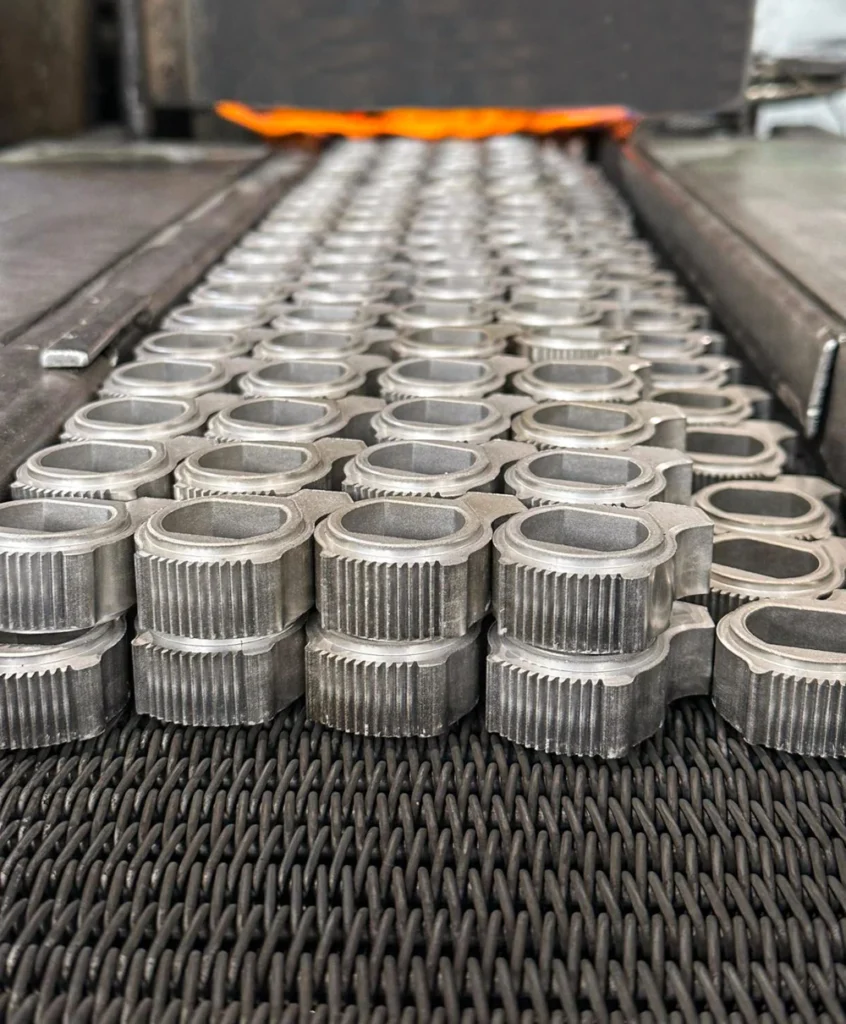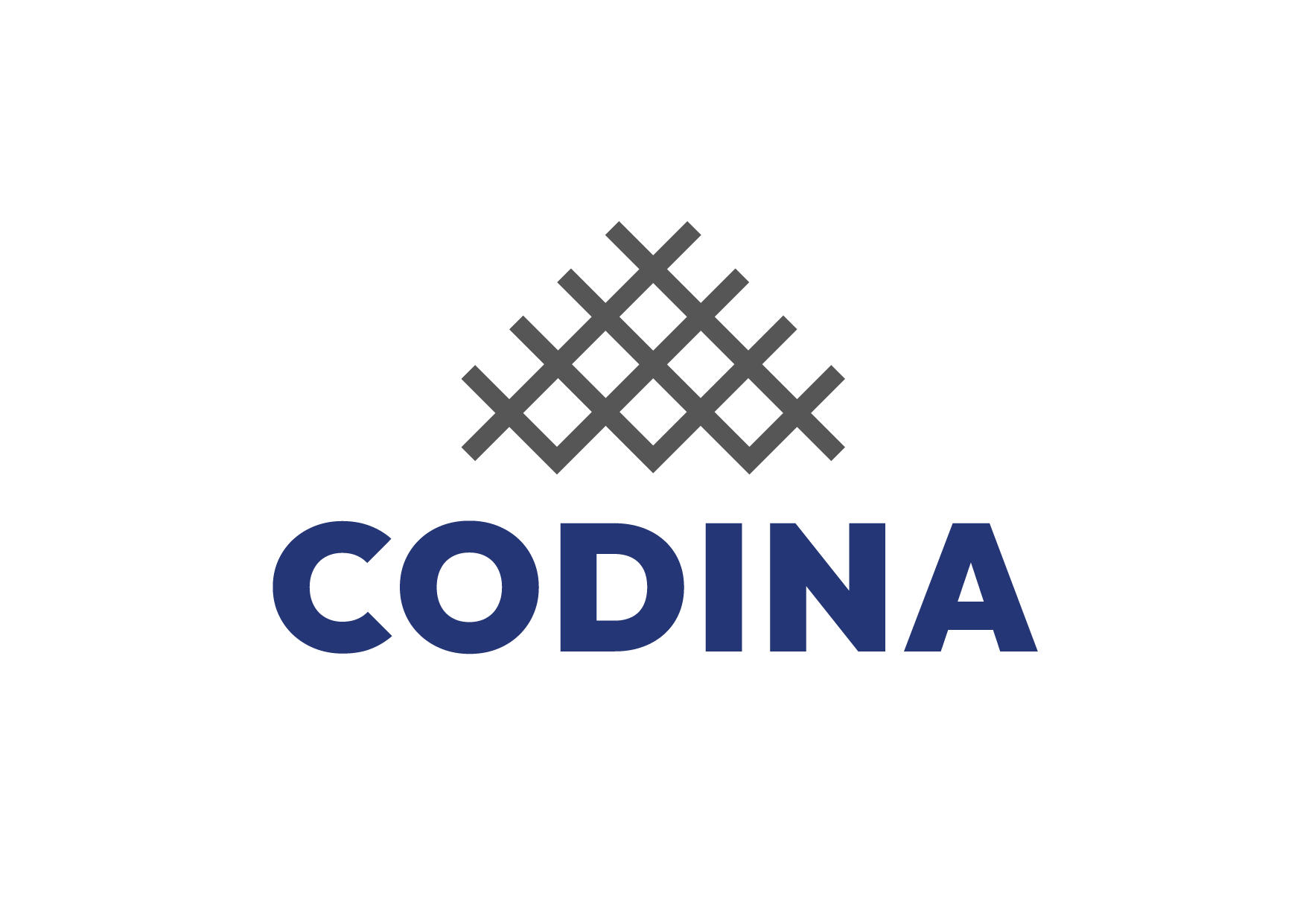Sintered
Tapes for sintering processes
Sintering is a continuous production process where metal or ceramic powder is compacted at a temperature below that of the melting of the compacted mixture.
this process It is widely used in the automotive sector or in processes where the volume of production required is very high. The Conveyor belts for sintering processes They have a key importance inside, since they carry out the transport function within high-temperature furnaces, where the sintering process culminates. Thus, the selection of the model of conveyor belt and the manufacture material will be important points.
MATERIALS:
in the manufacture of Conveyor belts for sintering processes Refractory materials are mainly used, such as AISI 314 / 25-20 / 1.4841 , this material is suitable for processes whose execution temperature is between 900C and 1160C. However, this material is not suitable for processes where the tape can work during some phase between 750ºC and 850ºC, since it becomes fragile by sigma phase formation.
Codina can also manufacture this type of tape on other materials on demand.

Conveyor models most used in the sector
Industries where our conveyor belts are applied for sintering processes
Automotive industry
- Production of metal components: Transport of metal parts during sintering to manufacture components such as gears, bearings and pistons.
- Manufacture of structural parts: Sintering of complex parts for vehicles, such as chassis parts and engine mounts.
aerospace industry
- High precision components: Transport of special alloy pieces during sintering for the production of light and resistant aeronautical components.
- Production of structural parts: Sintering of critical structural components that must meet high standards of strength and durability.
Tools and machinery industry
- Manufacturing of cutting tools: Transport of carbide parts and other hard materials during the sintering process to manufacture cutting tools and dies.
- Heavy machinery production: Sintering of high-strength parts used in construction and mining machinery.
electronics industry
- electronic components: Transport of ceramic parts and conductive metals during sintering for the manufacture of electronic components, such as connectors and heat sinks.
- Semiconductor production: Sintering of advanced materials used in the manufacture of semiconductors and electronic devices.
energy industry
- Production of components for power generation: Transport of metal parts during sintering for the manufacture of components used in turbines and generators.
- Manufacture of fuel cells: Sintering of specialized materials for the production of fuel cells and advanced batteries.
medical industry
- medical implants: Transport of biomedical alloys during sintering for the manufacture of implants and prostheses.
- Surgical instruments: Sintering of high-precision metal parts used in surgical instruments and equipment.
defense industry
- Production of weapons and military equipment: Transport of metal components during sintering for the manufacture of weapons and defense equipment.
- Manufacture of protective equipment: Sintering of advanced materials used in bulletproof vests and other protective equipment.
Advanced Materials Industry
- Production of technical ceramics: Transport of ceramic parts during sintering for applications in advanced materials and engineering.
- Composite Materials Manufacture: Sintering of components for the production of high strength and durability composite materials.
